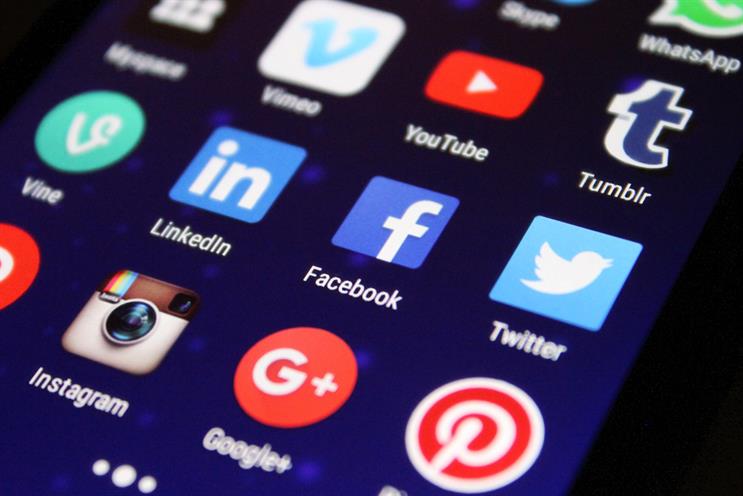Over the past few years there has been an explosion in the number of start-up companies valued at $1bn (£759m) or more – companies such as Airbnb, Deliveroo and Uber. Today more than 300 of these ‘Unicorns’ exist, so what have they got in common that makes them so valuable to investors, and what can traditional marketing-oriented companies learn from them and vice versa?
All Unicorns have three characteristics that make them valuable and provide insight into new ways of marketing for ‘traditional’ companies:
-
Relevancy at scale – these companies haven’t just focused on being everywhere a consumer expects them to be, they’ve also ensured the experience is relevant to both the individual and the context (time, place, past experience, etc.) in which that consumer engages.
-
Reverse obsolesce – unlike traditional products that break or become unfashionable over time, these products and services get better the more we use them.
-
Friendly and approachable – the entire brand and brand experience is built around being friendly and approachable as a reflection of consumer expectation.
Relevancy at scale is about more than just personalisation. It’s about building an experience that is not only personal but exceedingly relevant to the individual without being creepy – e.g. my name on a Coke can is cool; my name in a Coke ad banner not so cool. Consumers have grown to expect companies to know and cater to them in ‘the moment’. A study last year from Accenture found that roughly half of consumers will abandon an experience if it’s not relevant to that exact moment when they engage – even if it was relevant at some other point before.
Ant Financial and Uber are great examples of providing relevancy at scale. Ant has created an entire ecosystem around personal finance in which you can buy goods and services, plan your finances, make investments and even buy movie tickets. The platform’s API is also open source, allowing any company to plug in, growing the ecosystem even further.
Uber has expanded aggressively to be in more than 600 cities. The more you use the service the better it becomes. If Uber knows you are going to a restaurant, it can serve up restaurant reviews and menus for your consideration. If it knows you’re heading home late from work, it can offer food delivery services and if you connect your Spotify account you can always listen to your favourite playlist through the car radio music or podcast, giving you a more personal and relevant experience.
'Reverse obsolesce' is now ingrained in our expectations as consumers. Google, although not a Unicorn, exemplifies the approach. Every time you search for something, the platform learns more about you so that every subsequent search is more and more relevant. Plus, it leverages every data point it has about you (location, device, time of day, etc.) to further customise the experience.
Meditation app Calm learns your meditation preferences (time, length, sound, etc.) and designs routines unique to you. The more you use the platform, the better your meditation experience becomes.
Creating this reverse obsolesce makes great business sense too, as CBInsights found in its study – the longer a consumer uses Uber, the more often they use Uber and so the more money you make out of each user.
Finally, being friendly and approachable seems obvious but for Unicorns it pervades every part of the business – down to the mission statements, which tend to be centred around making the world more open, connected and ‘better’.
That is in marked contrast to the 80s when ‘greed was good’ or the 90s when ‘cynicism was cool’. Today user experiences are simple and intuitive; logos and marketing convey ‘friendly’ and this is a direct reflection of consumer expectations. Today, per a Mindshare study, almost two-thirds of millennials claim to only buy from brands that reflect their values; values that include openness, diversity and collaboration.
Does this mean traditional brand-building tactics are dead? I’d argue ‘no’ and in fact, there are a few things Unicorns can learn from those that have been around a bit longer. Unicorns are digital-first but they are all finding that they need ‘traditional’ marketing thinking and broad reach marketing tactics like TV, OOH and print to scale.
Airbnb spends behind traditional promotion techniques while Ant Financial heavily leverages street teams to drive ‘sampling’ and sign-up.
However, Unicorns also tend to think about brand-building media a bit differently as they were born in the digital age:
-
They think and plan marketing and media holistically starting with audience;
-
They blend proven ways of communication and persuasion with new methods;
-
They don’t think of brand building and demand generation as a binary choice; they do both.
Whatever the sector, all Unicorns focus relentlessly on the consumer and solving a real consumer need. The entirety of the experience – product, place, promotion and even price – is built around that and ultimately that is what traditional marketing companies can learn from.
Jim Cridlin is global head of innovation and partnership at Mindshare


